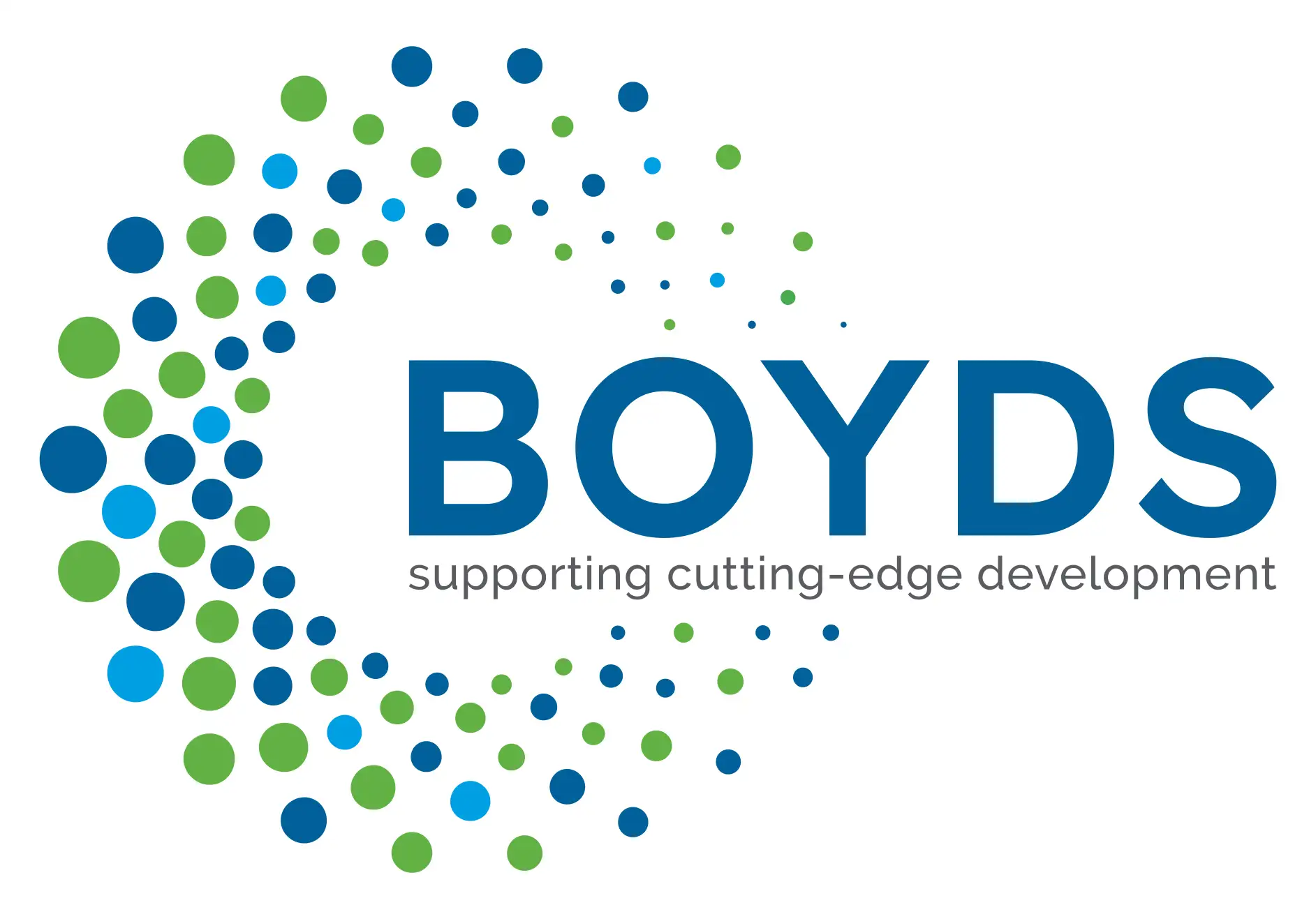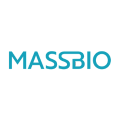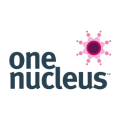Biotech Start-up Support
When forming a new biotech start-up, navigating how to get off the ground can be daunting.
Speaking with experts who have worked with many different companies and have experience of what works and what doesn’t, can significantly accelerate the development of your new medicine. The team at Boyds has extensive experience in supporting emerging biotech companies, and the expertise to assist clients in planning and executing their development programs, as well as ensuring they are ready for investment.
Start-up planning
We can provide you with the strategic advice required to help structure your business and plan the resources you need.
Fledgling companies often overlook the need for dedicated program management from early in the company’s life. We know that having an experienced person dedicated to ensuring the smooth progression of projects and identifying, analysing and mitigating risk early on, can pay significant dividends over time. (Read our article: Program management support: accelerating growth for early stage biotechs)
Investment readiness
At whatever stage(s) of development you are working in, seeking the next source of funding is something smaller companies will always have near the top of their to-do lists. Whether the next step involves securing a grant, seed funding or Series A funding, having a credible, costed plan in place with clear milestones will always give potential investors confidence that you are able to execute your plans. We can develop Gantt charts, pitch decks and cost breakdowns for projects at all stages of development. Find out more about how we can support you with your preparation for investment.
Target Product Profile (TPP)
The TPP is arguably one of the most useful and underutilized tools for drug development. This helps to determine and document how the intended product should look and what it needs to achieve, from an efficacy, safety and quality perspective, with the key parameters defining the minimum and the ideal product profiles at the outset. The TPP can also be used to define early go/no-go decision points and bring in comparison against competitor products.
Gap analysis
When planning the development of a new medicinal product, it can be invaluable to have a ‘critical friend’ cast an experienced eye over your plans, to look for omissions and compare against current best practices. The output of this gap analysis and the ensuing discussions inevitably provide advice regarding what additional studies need to be conducted to achieve the next milestone, how to improve the presentation of the existing data package and therefore, improve the chances of a positive outcome, be that a regulatory agency approval, fundraising or partnering.
Pre-clinical strategy
Having a clearly defined pre-clinical strategy is a must for anyone trying to turn exciting, cutting-edge science into a new medicinal product. The pre-clinical strategy should be a stepwise progression which: (i) firmly validates the scientific hypothesis for the new treatment (proof-of-mechanism and pharmacology studies), in cell lines (in vitro) and in the relevant animal models (in vivo), and how the results might then be translated from the laboratory into patients; and (ii) generates the necessary safety data that would be expected and required for the stage of development, be that preliminary, non-GLP safety data in animals or a GLP non-clinical safety and toxicology program to support a first-in-human clinical study.
Competitor landscape
Understanding what and who your competitors are in a given disease area or clinical indication when developing a new therapeutic is essential. With the expansion of treatment modalities from small molecule through antibody therapies to advanced therapies covering, cell and gene therapy, extracellular vesicle-based products and nanomedicines, we can research these areas and assess the strengths and weaknesses of each. This assessment will help you to understand how your new therapeutic would bring benefit to patients and where it would sit within the treatment pathway for that disease, which themselves underscore the value of the asset and likely return on investment.
If you are thinking of investing in an asset or company and want an independent detailed view on the scientific data, get in touch with a member of the team.
Get in touch
If you would like to talk to a member of our team about a specific project or area of expertise, then please complete this form and we will get in touch.









